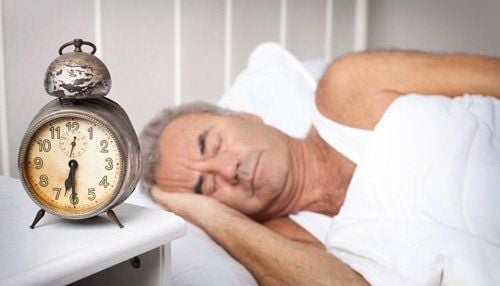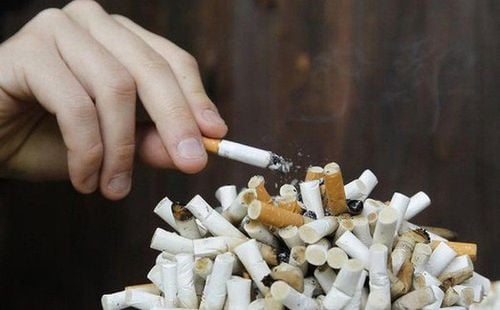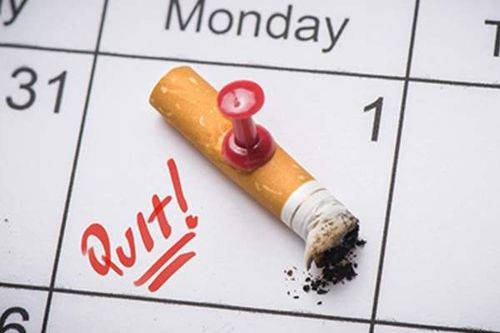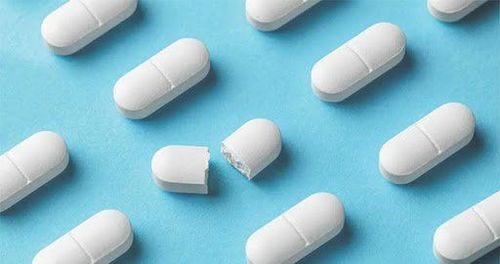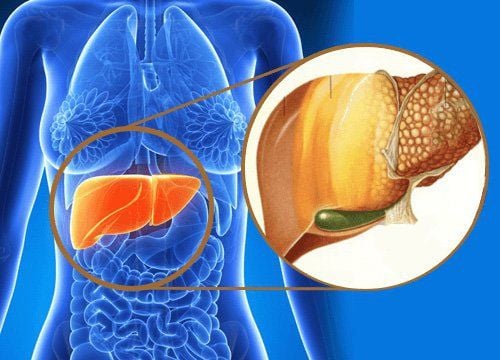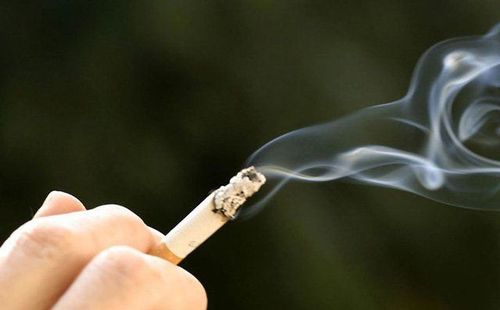This is an automatically translated article.
If you could choose good foods to help you get a good night's sleep, would you choose them? And if you could identify foods that would interfere with your restful sleep, would you avoid them? Paying attention to what you eat and drink can help you improve the quality of your sleep.1. Foods rich in tryptophan
Everyone knows about warm milk's ability to put us to sleep. Do you know why is that so? Dairy foods contain tryptophan, which promotes sleep. Other good sources of tryptophan are nuts, seeds, bananas, honey and even eggs.2. Satisfy your carbohydrate cravings (just a little)
Foods high in carbohydrates can help you sleep, like late-night snacks of cereal and milk, nuts and crackers, or bread and cheese.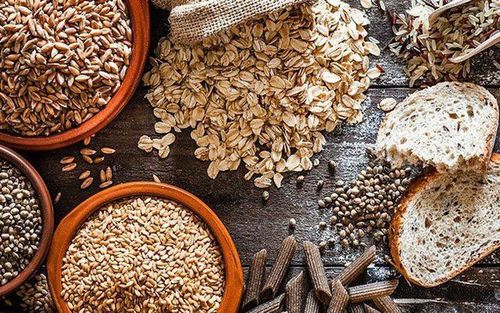
Thực phẩm giàu carbohydrate có thể giúp ích cho giấc ngủ của bạn
3. A snack before bedtime
If you have insomnia, a little food on your stomach can help you fall asleep more easily. The same goes for drinking some milk. But eat less. Eating too much will add to the workload of the digestive system, making you less comfortable and unable to sleep.4. Limit high-fat foods
Research shows that people who often eat high-fat foods often gain weight and their sleep is also more likely to be disrupted. Why? A large meal will activate the digestive system, causing you to go to the bathroom more at night.5. Be careful with foods that contain caffeine
It's not surprising that a cup of coffee in the evening will interfere with your sleep. But don't forget about the more subtle sources of caffeine, such as chocolate, carbonated water, and tea. Even decaffeinated coffee has small amounts in it - but not enough to be a problem. For a better night's sleep, stop consuming caffeine with your meal 4 to 6 hours before bedtime.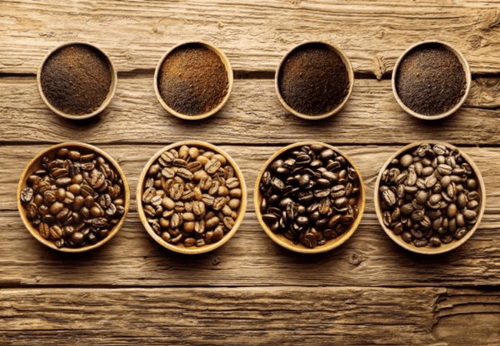
Hãy ngưng tiêu thụ caffeine trong bữa ăn của bạn từ 4 đến 6 giờ trước khi đi ngủ
6. Medicines may also contain trace amounts of caffeine
Over-the-counter medications that may contain caffeine include pain relievers, weight loss medications, diuretics, and cold medications. These medications may contain as much or as much caffeine as a cup of coffee. Check the labels of over-the-counter medications or information boards to see if this medication is affecting your sleep or even causing insomnia.7. Skip the glasses of alcohol before bed
Alcohol may help you fall asleep faster, but it may not help you sleep better, it can cause frequent awakenings, tossing and turning during sleep, and even headaches, night sweats and nightmares. You can drink a glass of water with every glass of wine you drink to lessen the effects of alcohol. But for a good night's sleep, it's best to stay away from alcohol four to six hours before bed.8. Be careful with overeating and spicy food
Resting with an overstretched stomach will make you uncomfortable, as the digestive system slows down as you sleep. This can lead to heartburn, similar to the effects of spicy foods. If you are too indulgent in a meal with a lot of food, eat at least 4 hours before going to bed.9. Don't drink water after 8pm
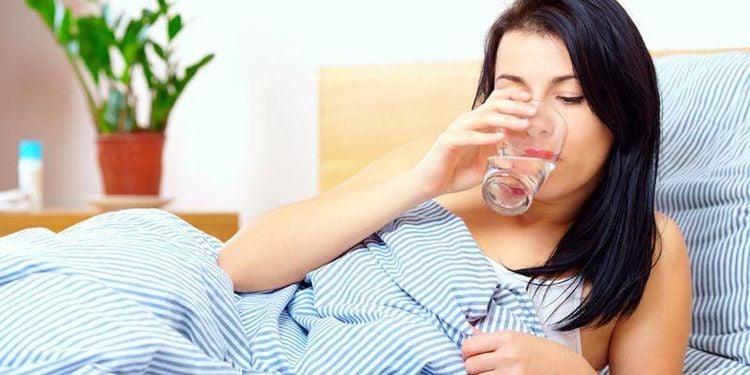
Bạn nên tránh uống nước sau 8h tối
10. Don't smoke to relax
Even if it's a way to relieve stress, smoking is not a good idea - no matter when. Nicotine is a stimulant with effects similar to caffeine. Avoid smoking before bed or when you wake up in the middle of the night. Try to give up smoking -- although it's hard, it's well worth the effort.If you have a need for consultation and examination at the Hospitals of the National Health System, please book an appointment on the website for service.
Reference source: webmd.com
Please dial HOTLINE for more information or register for an appointment HERE. Download MyVinmec app to make appointments faster and to manage your bookings easily.




